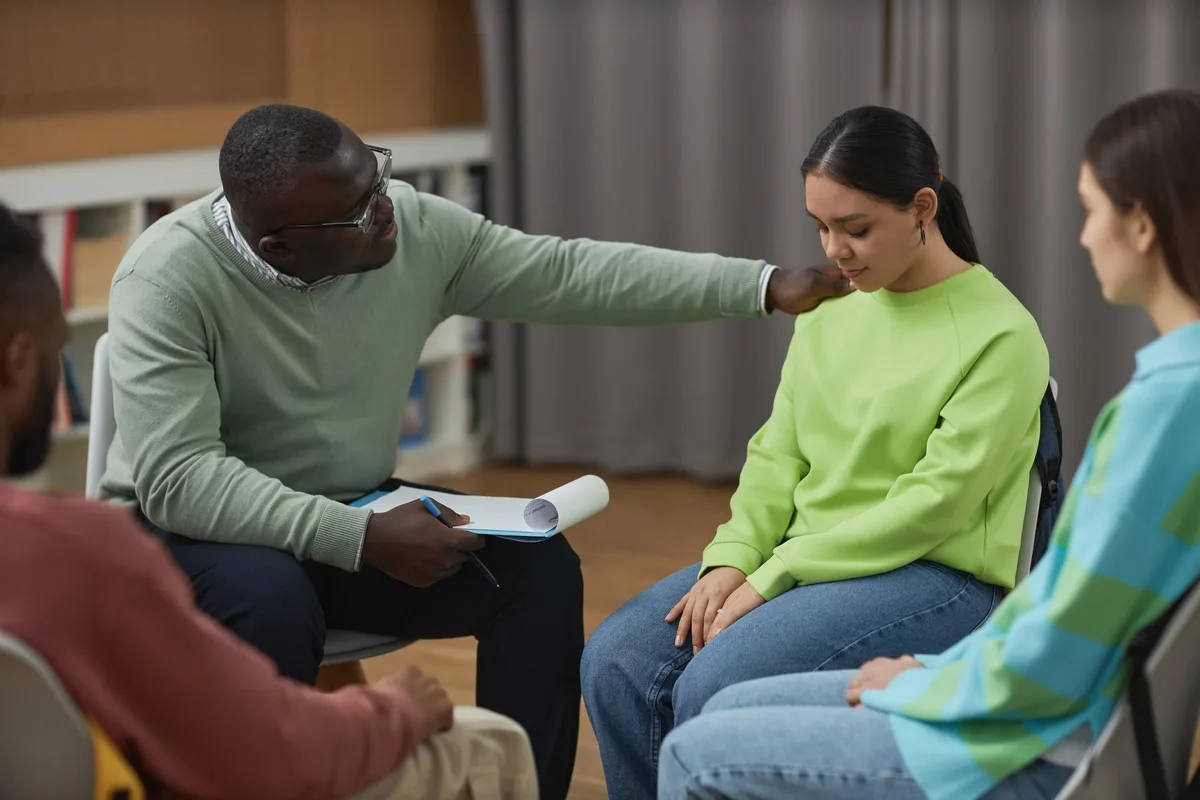24/7 Helpline:
(866) 899-111424/7 Helpline:
(866) 899-1114
Learn more about Dual Diagnosis Rehab centers in Morristown
Dual Diagnosis Rehab in Other Cities

Other Insurance Options

UnitedHealth Group

Providence

Coventry Health Care

Sliding scale payment assistance

Amerigroup

Self-pay options

Horizon Healthcare Service

Absolute Total Care

State Farm

American Behavioral

Evernorth

BHS | Behavioral Health Systems

Lucent

Magellan Health

Ceridian

Health Partners

Regence

Anthem

UMR

Excellus


Village Network – Brite Futures
Village Network – Brite Futures is a private rehab located in Saint Clairsville, Ohio. Village Netwo...

Crossroads Counseling Services
Crossroads Counseling Services offers outpatient services for individuals struggling with substance ...
















































































































































































































Tri County Help Center
Tri County Help Center is a private rehab located in Saint Clairsville, Ohio. Tri County Help Center...
































































































































